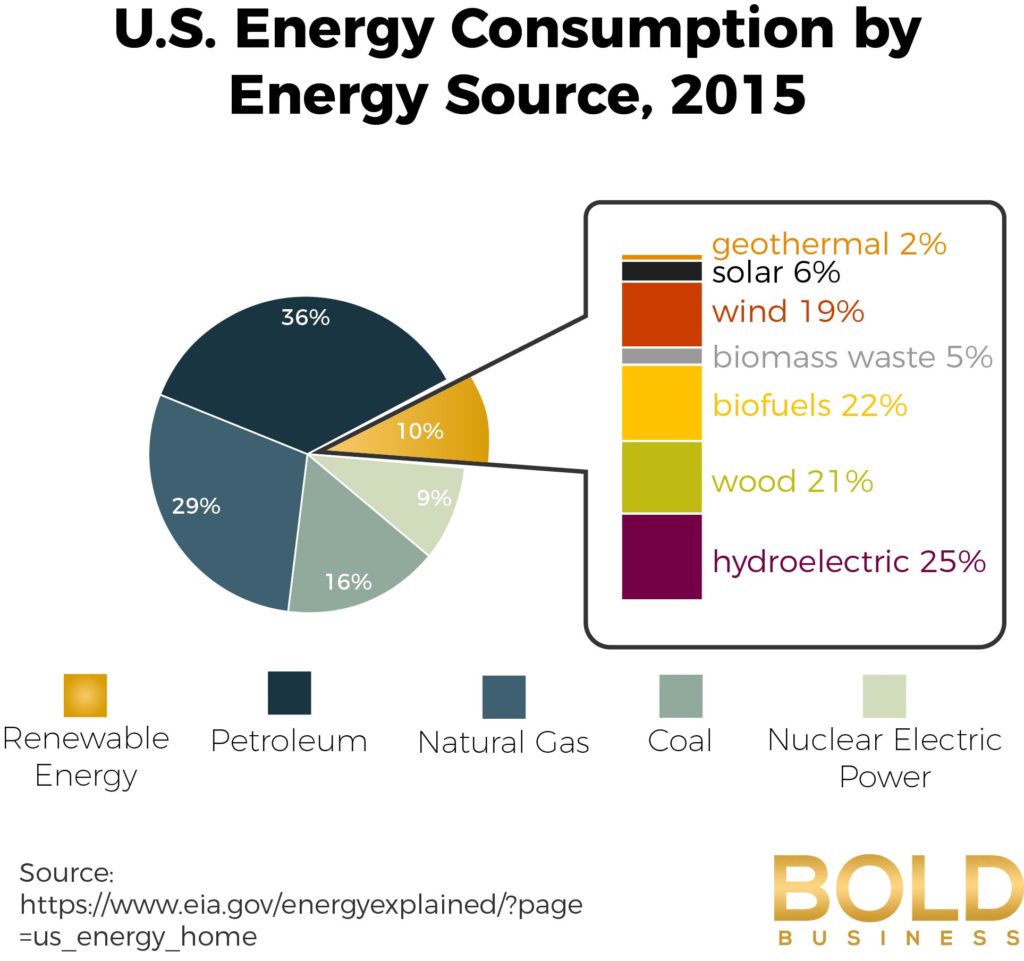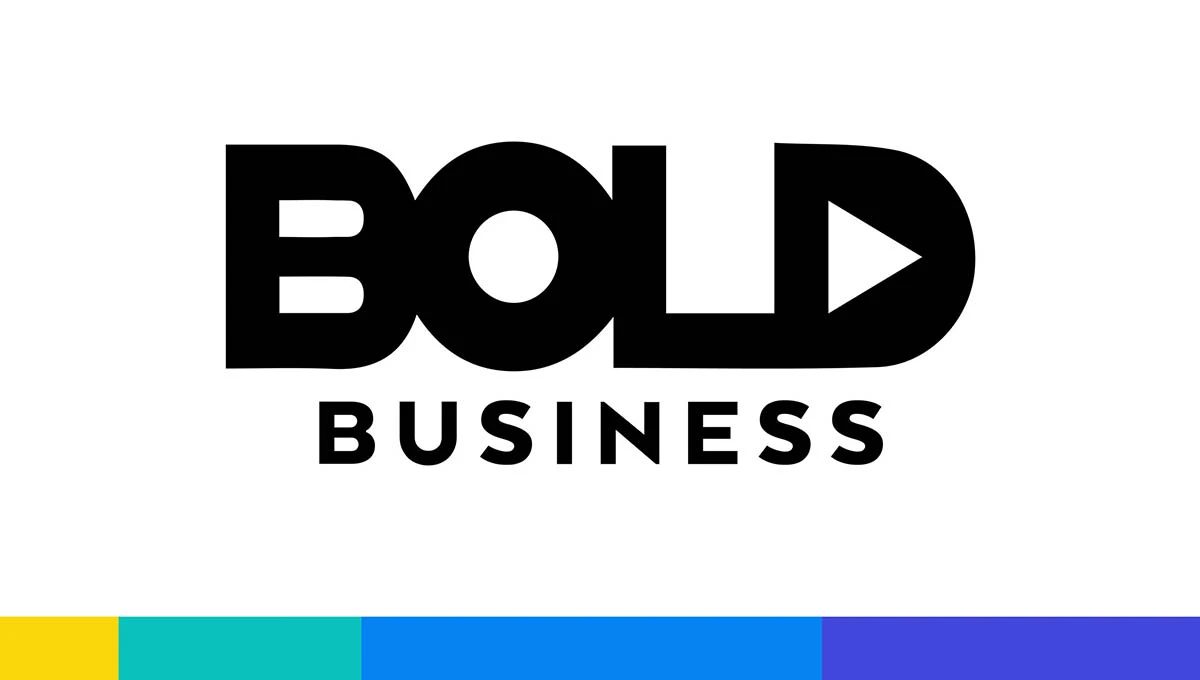Bryce is boldly calling out renewable energy and crying foul. Not that he has a problem with the idea of free and renewable energy, after all, who doesn’t want that? Bryce’s beef is that solar energy is dramatically overstating its ability to replace fossil fuels.
According to Bryce, the time when renewables replace rather than supplement fossil fuels isn’t a few years away, but many many decades in the future. Even with renewables growing gangbusters, through lots of private investment and loads of government subsidies, renewables are still a drop in the bucket of the global energy supply.
However, we must note that the energy landscape is changing rapidly. Bloomberg recently did an extensive report noting that investment in renewable energy is outpacing investment in fossil fuels at a rate of 2 to 1.
There is any number of reasons investors are jumping on the renewable energy train and abandoning traditional energy. For starters, oil and gas prices are crushingly low at this time, many oil and gas investments are bound to go bust within the next two years. There is a glut of cheap fossil fuel supply worldwide, and this has the solar energy extraction community upside down.
Some of the investment in renewables, especially worldwide, is driven by government subsidies and targets. The two hottest commodities in renewables are currently wind and solar energy since most of the big easy hydro projects have already been maxed out.
Big wind is a more mature industry, and it is facing an increasingly uphill battle. But, solar energy may be the new darling of the investment community.
The size of the solar industry has doubled seven times, just since 2000. The price of solar energy is falling dramatically as the amount of solar energy deployed is soaring.
Investors have finally realized that there is something unique about solar energy as it pertains to the energy mix. That something is that solar energy isn’t a fuel; it is technology. As such, it has more in common with silicon chips than it does with oil.

And that simple fact changes the entire business model. Solar energy is not a depleting or limited resource, like oil, gas, and coal. It is the technology that is relatively young, one that may change dramatically over the next generation. The same limitations will not bind solar energy as many other forms of fuel. There will be boundaries indeed, but they will be very different than the limiting factors for coal, natural gas, and oil.
Renewables Remain a Tiny Fraction of the Energy Market
In spite of almost phenomenal growth in the renewable energy markets, they still make up just a tiny fraction of the worldwide renewable energy usage. Bryce points out that even Germany, which has spent $100 billion over the past decade on renewables, has not reduced the amount of coal-fired capacity in their country by 1 gigawatt. In 2002 they had coal capacity of 49 gigawatts, and today they have coal capacity of 49 gigawatts.

With numbers like that, one wonders just what precisely the Germans got for the $100 billion investment.
Trying to force the issue of renewables before the technology is there, maybe damaging and impoverishing. Renewables are a rapidly growing industry, where there seems to be a lot of experimentation and fermentation, just the ingredients needed for bold breakthroughs and bold impacts. In time, the planet may indeed run on clean, renewable energy. But, to expect that to happen soon is folly.
Robert Bryce is a Senior Fellow at the Manhattan Institute. He has been writing about the energy sector for more than two decades and appears regularly on major media outlets like Fox News, CNN, NPR, PBS, and BBC. Bryce has delivered more than 200 invited and keynote lectures to different groups, ranging from the Marine Corps War College and the University of Calgary to the Sydney Institute and Melbourne’s Institute of Public Affairs.






